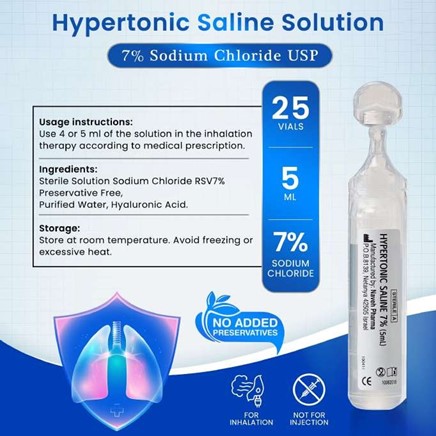The nurse is assessing a patient with acute renal failure.
Which of the following would be a priority nursing intervention?
Administering a potassium-sparing diuretic.
Encouraging the patient to consume a high-sodium diet.
Monitoring urine output and fluid balance.
Administering intravenous antibiotics.
The Correct Answer is C
This is because acute renal failure is a condition where the kidneys lose their ability to filter waste and excess fluid from the blood. This can lead to fluid overload, electrolyte imbalances, and metabolic acidosis. Therefore, the nurse should monitor the patient’s urine output and fluid balance to assess the severity of the renal impairment and prevent complications.
Choice A is wrong because administering a potassium-sparing diuretic would worsen the patient’s hyperkalemia, which is a common complication of acute renal failure.
Choice B is wrong because encouraging the patient to consume a high-sodium diet would increase the patient’s fluid retention and blood pressure, which can further damage the kidneys.
Choice D is wrong because administering intravenous antibiotics is not a priority intervention for acute renal failure unless there is a specific indication of infection.
Nursing Test Bank
Naxlex Comprehensive Predictor Exams
Related Questions
Correct Answer is B
Explanation

This is because hyponatremia is a condition where sodium levels in your blood are lower than normal, usually due to too much water in your body that dilutes the sodium. A hypertonic saline solution is a fluid that has a higher concentration of sodium than blood, and it can help restore the normal sodium balance by drawing water out of the cells.
Choice A is wrong because restricting fluid intake may not be enough to correct severe hyponatremia, and it may worsen the symptoms of dehydration.
Choice C is wrong because encouraging increased fluid intake will further lower the sodium levels and increase the risk of complications such as brain swelling.
Choice D is wrong because administering a loop diuretic will cause more sodium and water loss from the kidneys, which can worsen hyponatremia and dehydration.
Normal ranges for blood sodium levels are between 135 and 145 milliequivalents per liter (mEq/L).
Hyponatremia is defined as a blood sodium level below 135 mEq/L1.
Correct Answer is A
Explanation
The correct answer is choice A. Daily weight.

According to MDCalc, daily weight is the most accurate indicator of fluid loss or gain in acutely ill patients, as it reflects changes in total body water.
A weight change of 1 kg corresponds to a fluid change of approximately 1 L.
Choice B is wrong because intake and output measurements can be inaccurate or incomplete, and do not account for insensible fluid losses.
Choice C is wrong because serum osmolality reflects the concentration of solutes in the blood, not the volume of fluid.
Choice D is wrong because urine specific gravity reflects the concentration of solutes in the urine, not the volume of fluid.
Whether you are a student looking to ace your exams or a practicing nurse seeking to enhance your expertise , our nursing education contents will empower you with the confidence and competence to make a difference in the lives of patients and become a respected leader in the healthcare field.
Visit Naxlex, invest in your future and unlock endless possibilities with our unparalleled nursing education contents today
Report Wrong Answer on the Current Question
Do you disagree with the answer? If yes, what is your expected answer? Explain.
Kindly be descriptive with the issue you are facing.
